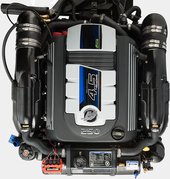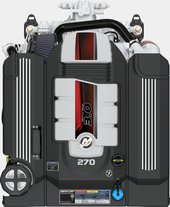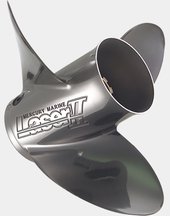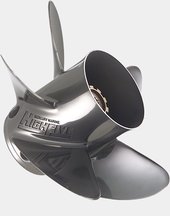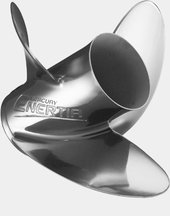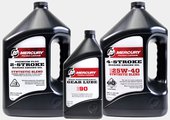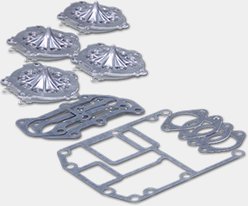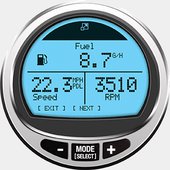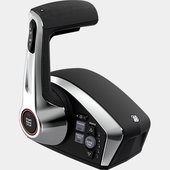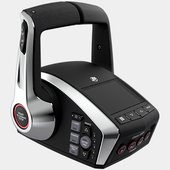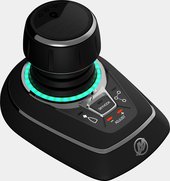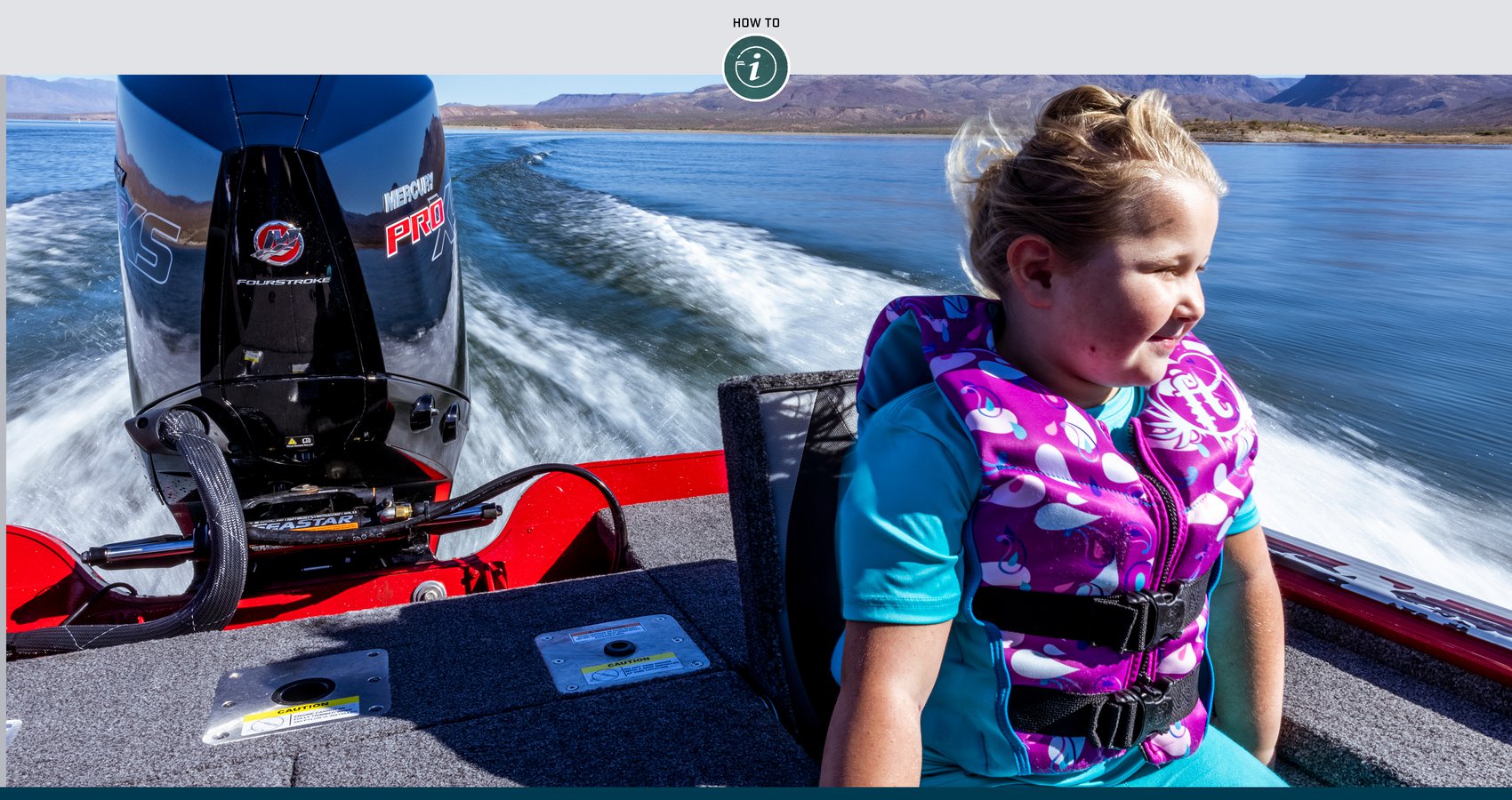
9 Things to Check on Your PFD Before Boating
Learning to inspect your life jacket and spot when it’s time to replace it will help ensure personal comfort and safety.

If you buy a quality life jacket – or personal flotation device (PFD) – and care for it properly, it can last years. However, even a life jacket that’s been well cared for can become damaged or start to deteriorate to the point it should be replaced. Knowing what to check for can help you make sure your life jacket is ready for the season or the day on the water.
Except for the buoyancy test, the following checks can easily be done prior to every outing. They should all be done prior to every season, and periodically throughout the year. These checks apply to non-inflatable life jackets only. Remember, your life jacket manufacturer is the definitive source of information about your particular PFD, and its information supersedes any information provided here. Follow the product guidelines that came with your life jacket, and check with your manufacturer if you have any additional questions.
What to check for:
- Fit: Double check that your life jacket is appropriately sized for your body. Make sure the straps can be adjusted to fit your clothing for the day as well, following the adjustment guidelines from the manufacturer.
- Buoyancy: This is more easily done when the weather and water are warm, and it’s worth doing at least once per season. Put on the life jacket, wade into shallow water and then bend your knees and float on your back. The PFD should easily support your weight and keep your face out of the water.
- Fabric condition: If the fabric of the jacket has rips, tears, separation or brittleness, it’s at the end of its useful life. Pull on seams and suspect spots with moderate manual tension to see if they hold up.
- Strap condition: The straps should be strong and flexible, with no frayed areas.
- Buckles or zippers: The jacket’s fasteners should open and close easily and should never open unexpectedly. If a buckle is cracked, or if a zipper is missing any teeth, that’s a sure sign of a PFD that cannot be trusted.
- Foam/flotation condition: The foam material inside your life jacket is what makes it buoyant. If you can feel through the fabric that the foam is starting to break down, developing holes or getting stiff and brittle, it’s quite likely it’s not as buoyant as it should be.
- Severe mold or mildew: Minor mold and mildew spots can be removed by a proper cleaning, but if the infestation is severe, or if cleaning fails, the life jacket is ready for the dumpster.
- USCG tag: If the U.S. Coast Guard-approved tag is missing or is illegible, the life jacket is deemed inoperable. (Source: legis.iowa.gov/docs/iac/rule/571.37.13.pdf – page 2, first paragraph)
- General assessment: Trust your intuition. If your life jacket starts to feel different, smell particularly bad or otherwise just doesn’t seem right in some way, don’t discount that. If you have any reason to believe your life jacket is not able to do its job, it’s well worth the money to replace it.
Don’t Repair! Replace
Never try to repair a life jacket: If something is wrong with it, life jacket replacement is the only safe option. It’s also worth noting that you should always destroy any life jacket you are throwing away for any reason. Cut off the straps, slice up the fabric – whatever it takes to ensure that someone else doesn’t find and attempt to use it.
To make your life jacket or PFD last as long as possible, don’t use it as a fender, cushion or anything other than its intended purpose. Proper cleaning on a regular basis can also extend the life of your PFD, and it’s a great way to ensure periodic inspections.
With regular checks, you’ll stay confident in the condition and comfort of your life jacket, which means you’re probably more likely to wear it. And that is one of the most important keys to safe boating.
Sources: boaterexam.com and boatus.org
Editor's Note: This blog was originally published in September 2020 and has been completely revamped and updated for accuracy and comprehensiveness.


